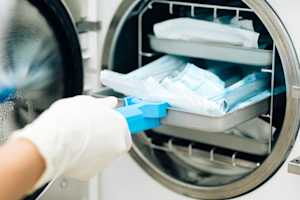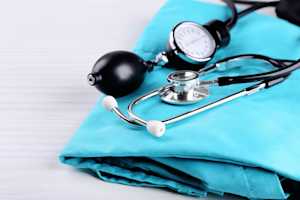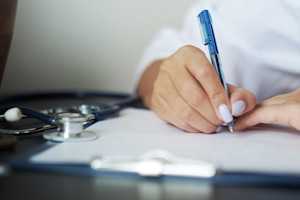Elina Tenhunen
Medical Devices
MSc in Neuroscience & Physiology, Biology

Elina Tenhunen works at Measurlabs as a medical device testing expert. Her main focus is coordinating customer projects related to EU MDR compliance, ISO 10993 standards, and medical device packaging testing.
Before joining Measurlabs, Elina worked in quality assurance in the pharmaceutical industry for five years, familiarizing herself with European regulations, GMP guidelines, and biological analysis techniques.
Elina holds a master’s degree in biology, with physiology and neuroscience as major subjects. Her master’s thesis focused on neurological disease modeling with CRISPR/Cas9 gene editing technology.
Articles in other media
Elina has written and given interviews about medical device testing for industry publications:
Choosing the right testing methods for E&L testing on Lab Worldwide
Streamlining medical device testing by using one supplier on Today's Medical Developments
Elina’s latest articles in our blog
Overview of ISO 11607 standards for medical device packaging validation
ISO 11607-1 and ISO 11607-2 lay down internationally recognized requirements for the packaging systems of terminally sterilized medical devices.
Keep reading >
Cleaning validation of reusable medical devices: how to fulfill EU and FDA requirements?
Rigorous cleaning validation - conducted according to international standards - is crucial to ensure safety and obtain regulatory approval for reusable devices.
Keep reading >
The role of the Biological Evaluation Plan (BEP) in the biocompatibility evaluation of medical devices
Preparing the BEP before large-scale testing starts helps companies choose the most appropriate testing procedure, which in turn helps minimize animal testing.
Keep reading >
